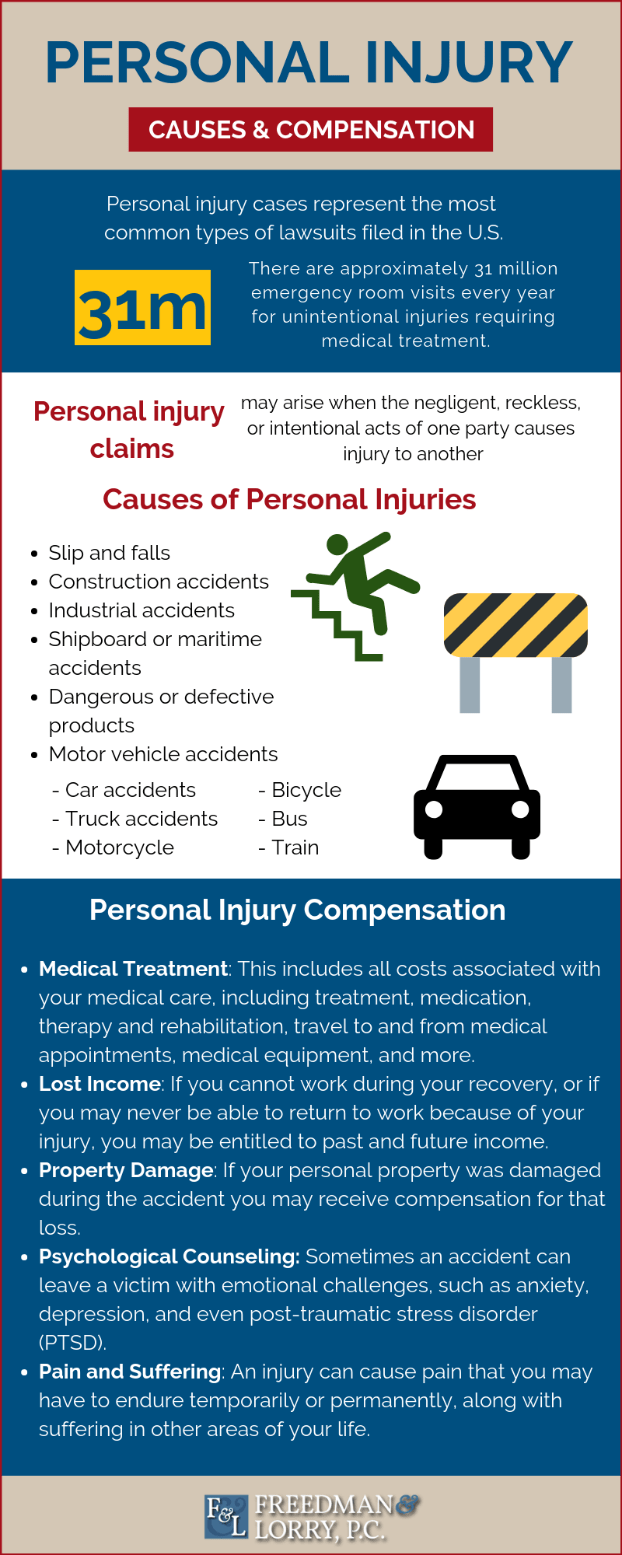The Real Estate Legal Representative'S Manual On Landlord-Tenant Regulation
The Real Estate Legal Representative'S Manual On Landlord-Tenant Regulation
Blog Article
Published By-Calderon Bennetsen
When it comes to landlord-tenant law, knowing your rights and duties is critical for both celebrations. You might think you have a strong grasp on the fundamentals, but there are typically nuances that can capture you off guard. Whether you're a proprietor handling a residential property or a renter looking for a secure home, comprehending the legal landscape can make all the difference. What could amaze you are the intricacies involved in navigating conflicts and expulsion procedures.
Recognizing Occupant Legal Rights and Responsibilities
When you lease a home, it's important to recognize your legal rights and responsibilities as a lessee. You can a risk-free and habitable living atmosphere, meaning your landlord has to maintain crucial solutions like home heating, plumbing, and electrical power.
You're additionally entitled to personal privacy; proprietors generally need to offer notice before entering your system.
On the other side, you're responsible for paying lease promptly, keeping the home clean, and not causing damages beyond regular deterioration.
Acquaint on your own with your lease agreement, as it outlines certain policies and commitments. Understanding these aspects not just protects you but also promotes a positive partnership with your landlord.
Remain notified, and visit the next site 'll navigate your occupancy better.
Trick Property Manager Obligations and Legal Considerations
While you might understand your civil liberties as a tenant, it's just as crucial to understand your proprietor's commitments.
Landlords must provide a safe and habitable living setting, ensuring that essential systems like home heating, pipes, and power remain in working order. They're also in charge of making necessary repairs quickly and adhering to regional building codes.
In addition, property managers must respect your privacy by offering appropriate notification prior to entering your unit, generally 24-hour. They ought to deal with down payment according to state regulations, including returning them immediately after you leave, minus any legal deductions.
Understanding these commitments can aid you maintain a favorable connection with your property manager and ensure your living scenario meets lawful criteria.
Navigating Disagreements and Expulsion Procedures
Conflicts in between proprietors and occupants can arise unexpectedly, making it critical for you to recognize the processes involved in solving them.
First, communication is essential-- attempt to review issues directly to discover a compromise. If that stops working, familiarize on your own with your regional regulations pertaining to conflicts and expulsion. Paper everything: keep records of interactions, settlements, and any type of violations.
If expulsion becomes necessary, ensure you adhere to the lawful actions called for in your location, which commonly consists of providing written notification and a particular duration for resolution.
Be prepared to visit court if the circumstance rises, as it may be your only recourse. Comprehending visit this web-site will assist you navigate conflicts more effectively and secure your rights as either a proprietor or tenant.
Conclusion
In summary, understanding landlord-tenant regulation is necessary for both parties associated with a rental arrangement. By understanding your rights and duties, you can foster a better living atmosphere and prevent disputes. If disputes arise, bear in mind that a real estate lawyer can help guide you through the intricacies of expulsion procedures and legal commitments. Staying informed and proactive will ensure a smoother rental experience, whether you're a property owner or a lessee.
